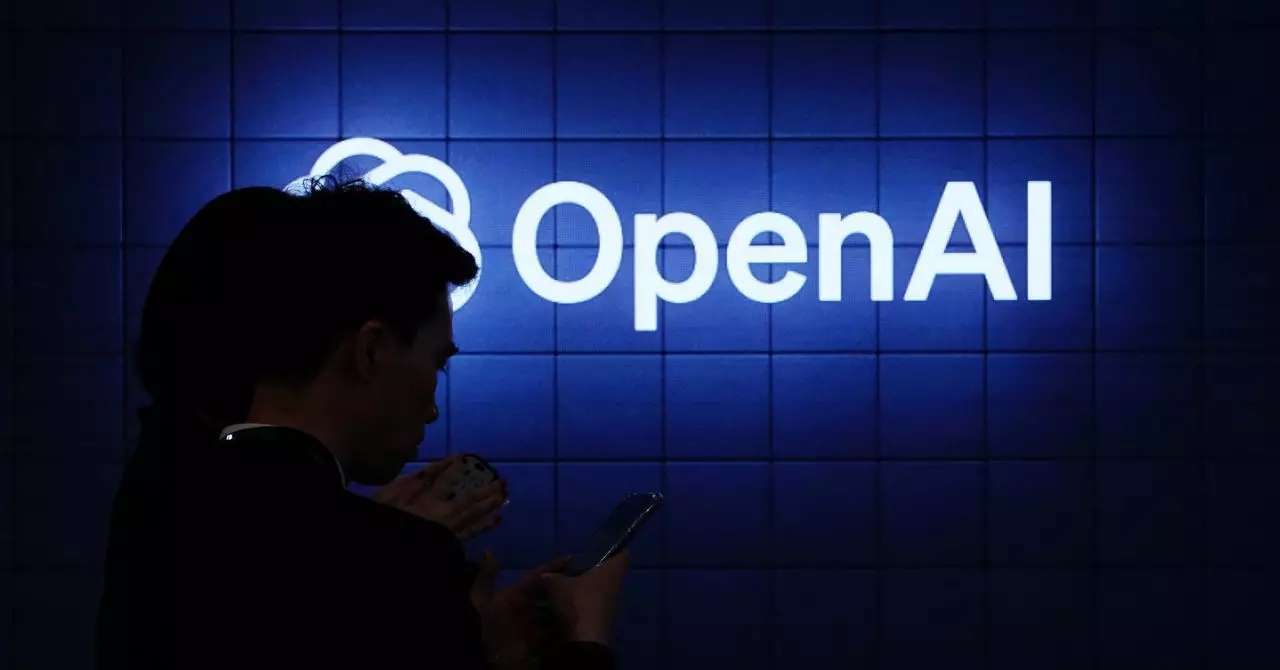The rapid churn of top AI researchers between leading tech companies illustrates how the race to develop advanced artificial intelligence is as much about acquiring talent as it is about technology itself. Recently, four prominent OpenAI researchers—Shengjia Zhao, Shuchao Bi, Jiahui Yu, and Hongyu Ren—made the significant move to Meta’s superintelligence team. This talent migration is not merely a routine career shift but a calculated effort by Meta to accelerate its standing against competitors like OpenAI, Anthropic, and Google. The fact that these researchers have deactivated their OpenAI Slack profiles suggests a definitive break, signaling Meta’s aggressive recruitment strategy is bearing fruit.
Meta’s High-Stakes Offerings and OpenAI’s Talent Retention Struggles
Meta’s approach to poaching elite AI researchers goes beyond standard recruitment efforts, reportedly offering “giant offers” including signing bonuses reportedly reaching up to $100 million. This eye-popping figure underscores the sheer value these companies place on human capital in the race toward artificial general intelligence (AGI). Yet, OpenAI’s CEO, Sam Altman, has publicly stated that many of their top researchers have resisted Meta’s financial allure, implying a steadfast loyalty or belief in OpenAI’s mission despite lucrative incentives. However, the recent departures suggest that even the most committed researchers can be swayed, especially when confronted with Meta’s deep pockets and ambitious vision.
Key Players Behind the Shift
Examining the profiles of the departing researchers reveals why they are highly coveted. Shengjia Zhao, who joined OpenAI in 2022, significantly contributed to GPT-4’s development, representing cutting-edge advancements in deep learning. Hongyu Ren was deeply involved in post-training for OpenAI’s mini models—an important stage crucial to the refinement and practical deployment of models. Meanwhile, Jiahui Yu’s experience spans Google DeepMind to OpenAI, bringing a versatile background in AI research. Shuchao Bi’s leadership in multimodal models—those that combine text, images, and other inputs—makes him invaluable in developing AI that can understand the world more holistically. This collection of talent is exactly what Meta needs to flesh out its superintelligence initiatives.
The Real Implications for the AI Ecosystem
While headline-grabbing bonuses and high-profile hires are often viewed as corporate drama, they reflect deeper shifts with long-term consequences. Meta’s willingness to pour immense resources into talent acquisition reveals a strategic commitment that could alter the competitive landscape for AI innovation. Such moves raise questions about sustainability and ethics; aggressively poaching researchers can foster a winner-take-all environment that might prioritize corporate gains over open collaboration and shared progress. Meanwhile, OpenAI’s loss of key staff, including from international hubs like Zurich, may undermine their pace and disrupt ongoing projects. This dynamic signals that sustaining a vibrant, innovative AI research community requires not only funding but also cultural and mission-driven incentives to retain visionary scientists.
A New Chapter in AI Leadership Rivalries
At its core, this talent war between OpenAI and Meta exemplifies a broader tussle to define who will lead the next technological wave—the creators of AGI. Companies are willing to gamble monumental sums and gamble their reputations on securing the right minds. Yet, this approach also reveals vulnerabilities; when success hinges heavily on a few star researchers, any shift in personnel can ripple widely through an organization’s trajectory. Meta’s recruitment spree may well position the company as an emergent powerhouse in superintelligence, but it simultaneously intensifies pressure on OpenAI to cultivate and safeguard its pool of innovators in the years ahead. The stakes couldn’t be higher, and the human heartbeat behind these titanic efforts should not be underestimated.

